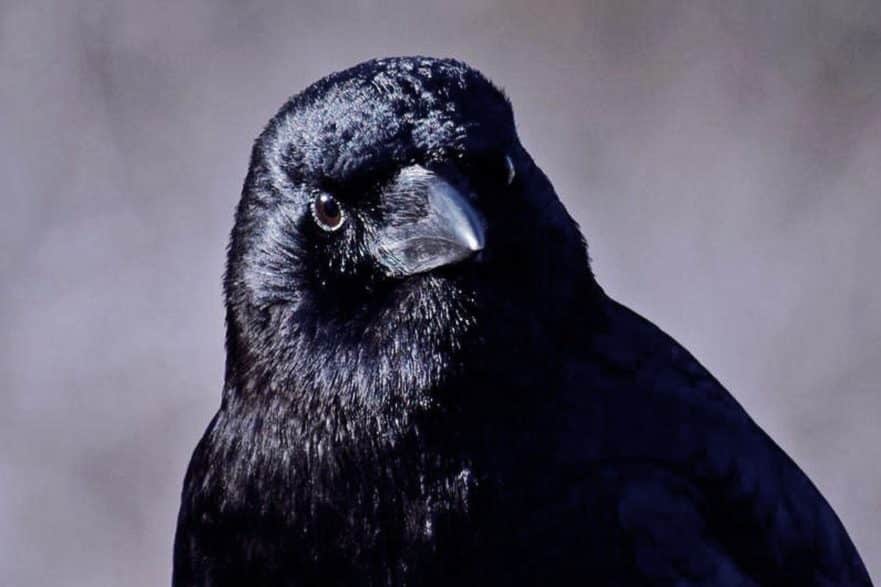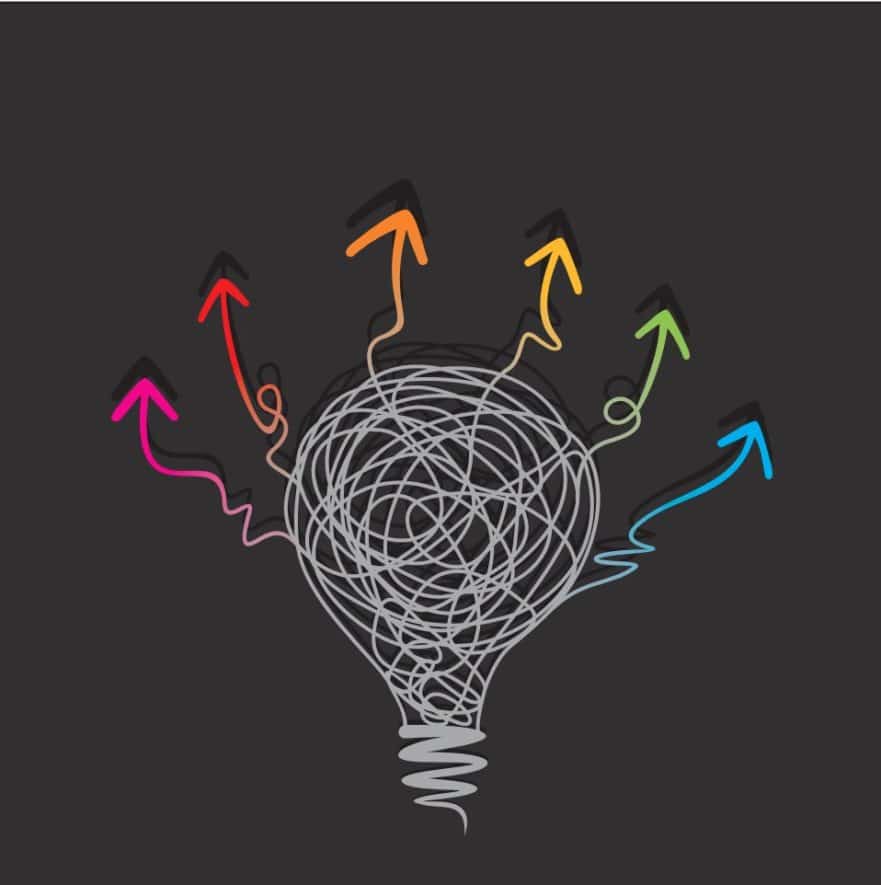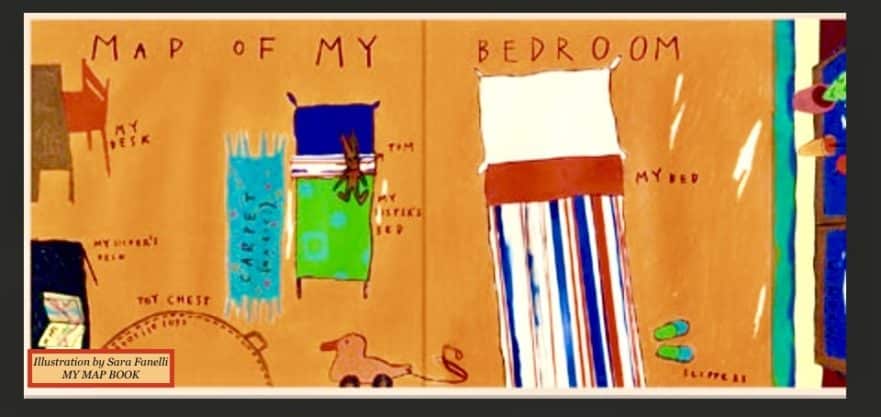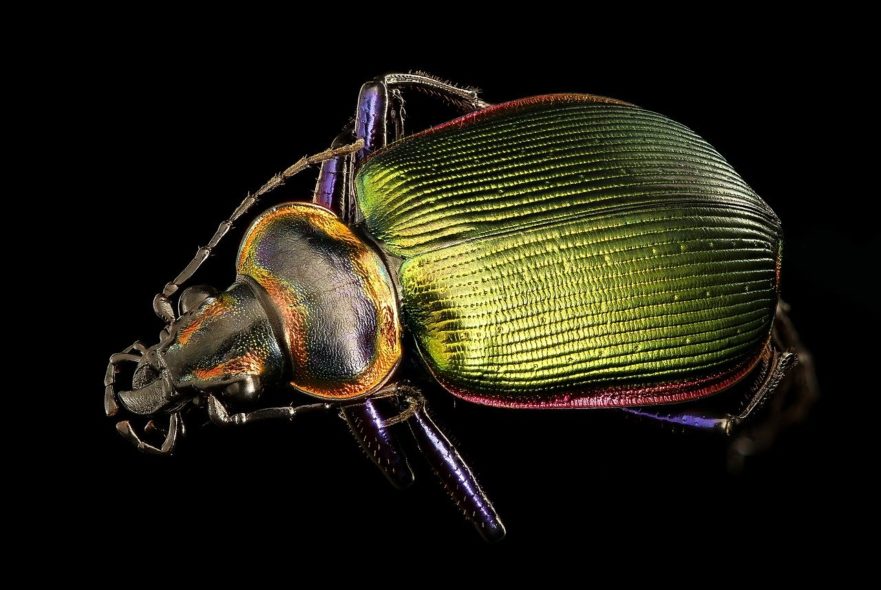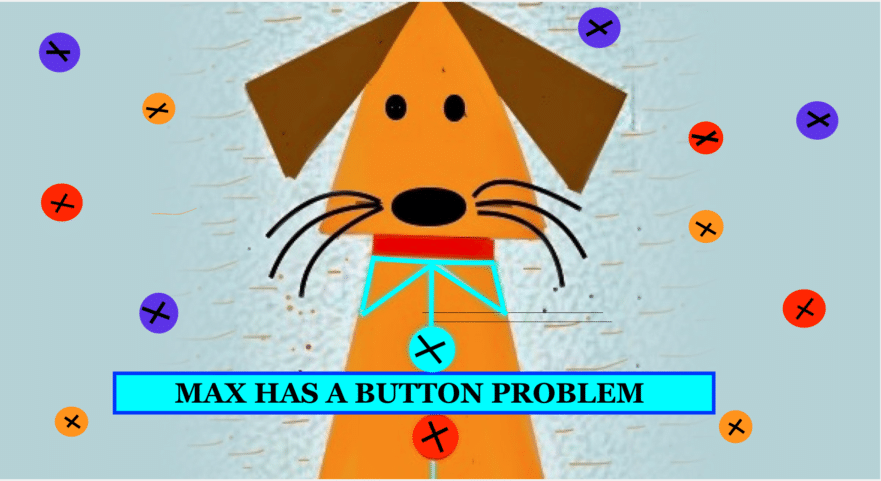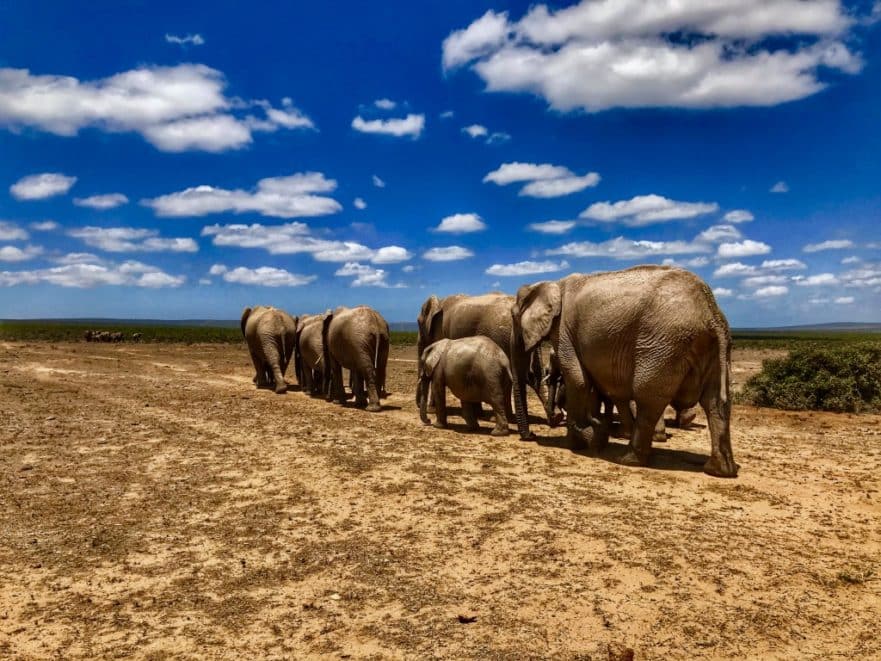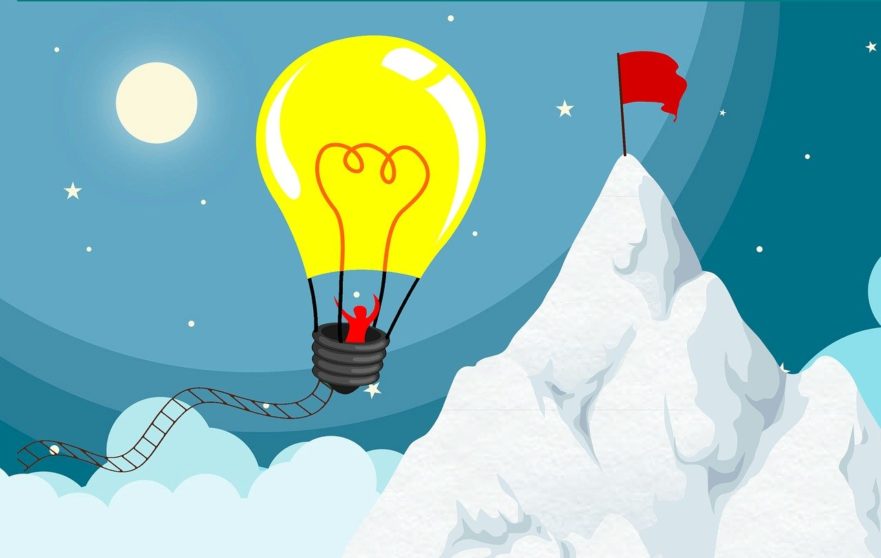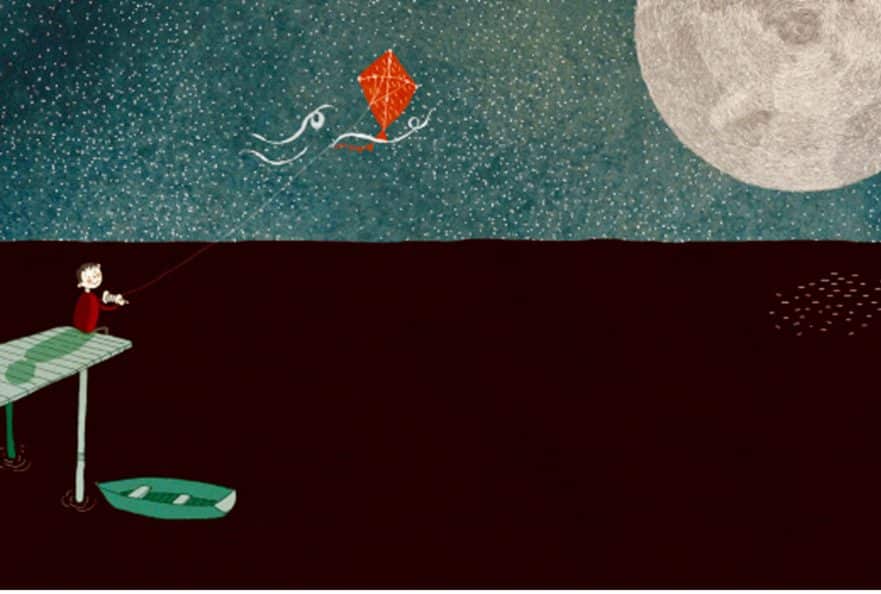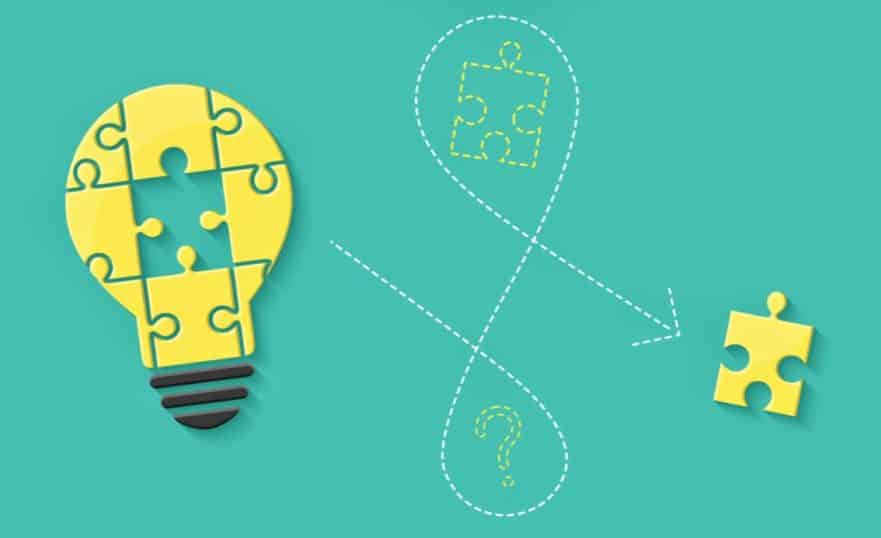The natural world is a giant, open-ended learning laboratory. Our children are innate scientists and love experiencing the sights, scents, sounds, and textures of the outdoors. Nature provides countless opportunities for discovery and to figure out things for themselves. “We should not think of a child’s experience in nature as an extracurricular activity. It should be… Read More
CONSTRUCTING SOLUTIONS
Independent problem solving allows our children to formulate ideas, try these ideas out, and accept or reject what they learn. Constructing knowledge by making mistakes is part of the natural process of problem solving. Through exploring, then experimenting, trying out a hypothesis, and finally, solving problems, children make learning personal and meaningful. ************************************** This activity allows… Read More
MAPPING OUR SPECIAL PLACES
“There is growing evidence that strong spatial reasoning skills in preschool help support math learning in elementary school,” said Newcombe. “Beyond math, spatial thinking is important in and of itself for fostering interest in science, math and technology.” … Read More
BEETLES !
Charles Darwin, one of history’s most famous naturalists, got his start with beetle hunting! He had a thing for beetles, and would go to great lengths to collect and study them. People who study beetles, remind us that passionate scientists come from passionate kids. When we value our children’s passions, whether they are transfixed by beetles… Read More
MAX HAS A BUTTON PROBLEM
Here are two tasks where having good ways to sort and organize can be very helpful. Young children often find working in a systematic way very difficult. These problems provide a real context and an opportunity to record thinking, which leads to the very beginnings of a proof. **************************** BUTTON-UP Max has a shirt with… Read More
THREE JARS OF PAINT
The ability to understand cause and effect, figure out how things work, and solve problems – are essential to support critical thinking in our children. One way to encourage these skills is by having children experiment with color mixing. Color mixing can help practice critical thinking skills like exploring cause and effect through observation of how… Read More
THE AFRICAN ELEPHANT – A KEYSTONE SPECIES
Elephants are among the most intelligent of the creatures with whom we share the planet. Across Africa they have inspired respect from the people that share the landscape with them, giving them a strong cultural significance. They are icons of the continent. They are also a keystone species, playing an important role in maintaining the biodiversity… Read More
MATHEMATICAL GLUE
Reasoning is fundamental to knowing and doing mathematics. Some would call it systematic thinking. Reasoning enables children to make use of all their other mathematical skills. Reasoning could be thought of as the “glue” which helps mathematics makes sense. ******************************************** This might be an opportunity for teamwork. Partner with your children as they attempt this first… Read More
OLLIE and the WIND
Take a walk on a windy day, or just stand outside for a few minutes. Talk about the wind with your children and explore what it does……………. Can you see the wind? How do you know it’s blowing? What does it do to objects and the people around you? What does it do to the trees?… Read More
Becoming Problem Solvers – Learning How to Learn
Working systematically, is a key problem solving skill that will support children to become competent as problem solvers. This is important when a task involves finding all possibilities, or when it is helpful to structure a method for solving a problem. ************************************************ A CITY OF TOWERS Age 5 to 7 In a certain city houses had… Read More

